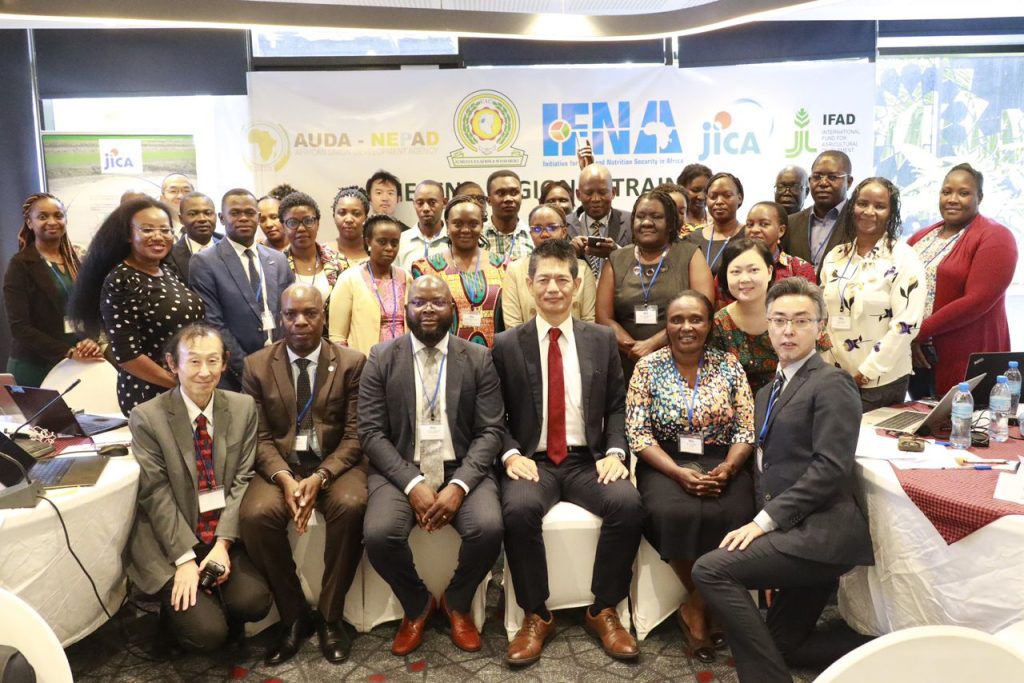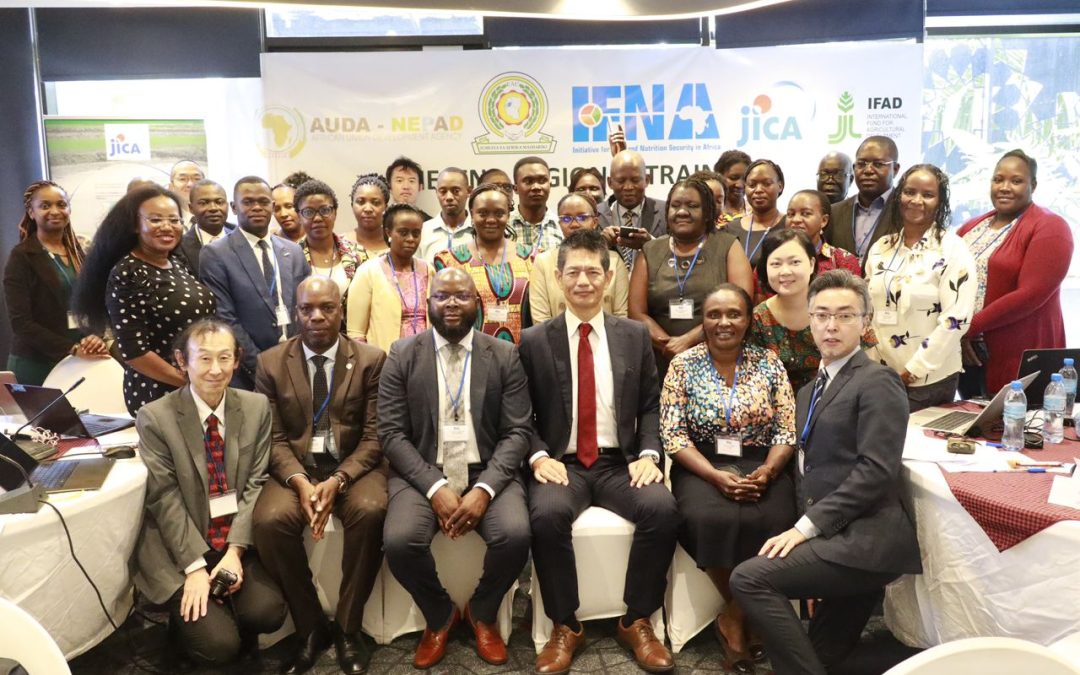For the capacity development of the government staff and align the needs on resources, IFNA planned to roll out the regional training program based on IFNA’s approaches, particularly Multi Sectoral Approach (MSA) and Nutrient Focused Approach (NFA). The second training was conducted, co-organized by East African Community (EAC) and IFNA from 11 to 13 October 2023 (3 days), in Dar es Salaam, Tanzania.
The main objective is to equip, increase and enhance the knowledge and skills of the participants to better contextualize multi-sectoral nutrition sensitive programming with regard to the national food and nutrition security policy, ensuring access to resources for implementation.
The expected outcomes are as below,
By the end of the training, participants will be able to:
1) Understand the basic and underlying causes of malnutrition to identify and plan to fill the nutrition gaps
2) Describe the linkages and complementarity among different sectors that contribute to nutrition improvement
3) Apply the concept of Multisectoral Approach (MSA) and Nutrient Focused Approach (NFA)
4) Understand and be able to use the “NFA App” to identify locally available nutrition dense foods to fill the nutrient gap in specific contexts
5) Identify priority nutrition issues and potential interventions to be included in the Multisectoral Action Plans
Participants:
25 people from 7 EAC member states attended the training in total. For considering multisectoral approaches, IFNA invited participants from Ministry of Agriculture, Ministry of Health and the Prime minister office (in Tanzania and Uganda) through AUDA-NEPAD. Besides, three IFAD (International Fund for Agricultural Development) program officers (Kenya, South Sudan, Tanzania) were nominated for the future collaboration on the ground.
Outcomes of the training:
Through the training, the participants were well exposed to the IFNA’s two approaches―Multisectoral Approach (MSA) and Nutrient Focused Approach (NFA). Instruction by the lecturer and the facilitators on the main topics of the training (i.e., Gap analysis, NFA app. etc.) was well accepted for the participants. The participants could learn effective methods for nutrition improvement through the introduction and practice of the NFA based on an agricultural perspective and multisectoral collaboration. Each country was encouraged to develop the action plan based on the NFA.
Through the participants’ analysis of nutrition status in their individual countries, it was suggested that the EAC member states shared the common challenges to be tackled with, such as the prevalence of anemia (especially among children and women) and the needs of food composition table that accommodates local foods. Importance of regional support in collaboration with RECs (EAC) to cope with these challenges were recognized.
Engagement of certain development partners (IFAD regional and FAO country offices) in some sessions of this training explicitly contributed to providing the participants with any perspective on the action plans that could lead to their finance and/or technical support.
A lot of comments and questions raised in the presentations (of IFAD and FAO) demonstrate the great interest of participants (in the collaboration with development partners).
This training provided the participants with valuable opportunities for exchange of their experiences on good practices, challenges and countermeasures for nutrition improvements. We believe that such opportunities contributed to enhance the effectiveness of this regional training. The IFNA Secretariat plans to follow up on the progress of action plans with technical support.
At the end of training, the sincere gratitude was expressed again by EAC to JICA, IFNA Secretariat and AUDA-NEPAD for offering this opportunity as well as for the training contents. The training re-affirmed the importance of collaboration among IFNA and RECs, as well as the continuous support of each of the EAC member states to combat malnutrition.

The group photo with participants of the country representatives from EAC member states and IFAD program officers, a partner (FAO) and organizers after the opening remarks

Recent Comments